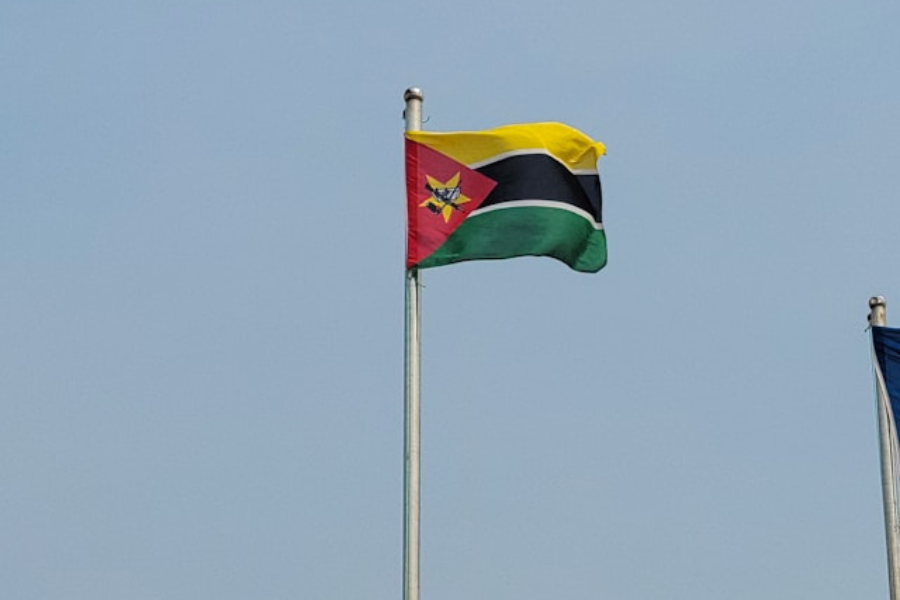
Click here to learn more about Case system in Chna.
China’s Guiding Cases (指导性案例) refer to cases selected by the Supreme People’s Court (SPC) from the effective judgments of courts nationwide through specific procedures, and should be referred to by courts at all levels when hearing similar cases.
Setting out some basic requirements, the Provisions on Case Guidance (关于案例指导工作的规定) were issued by the SPC in November 2010 as a first step towards establishing the Guiding Case system.
1. Who can issue Guiding Cases?
The Guiding Cases can only be issued by the SPC. Local courts have no power to issue such cases.
2. Which cases can become Guiding Cases?
All effective judgments rendered by courts across the country may become Guiding Cases.
The SPC will focus on the following criteria when selecting candidate cases:
(1) Cases attracting substantial concern from the public. Selecting such cases can reflect the identification of judicial activities with the universal value of society, and help to enhance the social identity and credibility of court judgments.
(2) Cases where laws and regulations are somewhat broad and vague. The Guiding Cases may further specify the standard in the application of law, thereby restricting the discretion of judges.
(3) Cases of typical nature in the application of law. The Guiding Cases may assist the SPC to uniformly guide the local courts to make relatively consistent judgments.
(4) Cases of new types or being difficult and complicated. The Guiding Cases may solve unprecedented or difficult legal application issues, thereby enhance the efficiency and quality of handling of such new cases in local courts.
3. How to find and compile suitable cases into the Guiding Cases?
(1) Discovery
Internal discovery: each court can select candidate cases from the cases in its court or jurisdiction.
External discovery: legislatures, experts, lawyers, and people’s assessors may recommend candidate cases.
(2) Initial Review and Compilation
The SPC has set up a Case Guidance Office to be responsible for sorting, summarizing, and screening the recommended cases, as well as submitting them to the judicial committee of the SPC for discussion.
(3) Determination
The judicial committee of the SPC decides which cases will be finally selected as the Guiding Cases.
(4) Issuance
The Guiding Cases determined by the judicial committee of the SPC shall be issued universally in the form of an announcement in the Gazette of the SPC (最高人民法院公报), the SPC official website, and the People’s Court Daily (人民法院报).
Photo by zhang kaiyv (https://unsplash.com/@zhangkaiyv) on Unsplash
Contributors: Guodong Du 杜国栋 , Meng Yu 余萌









